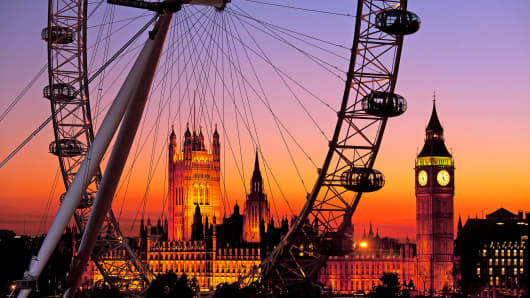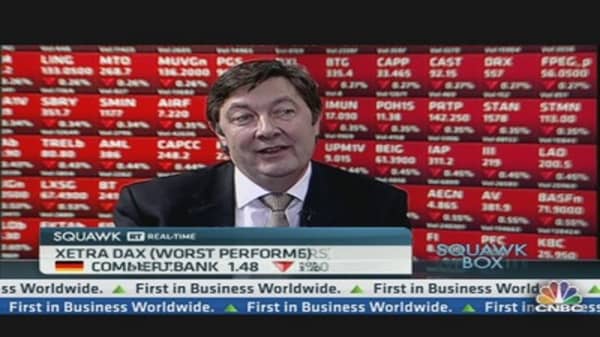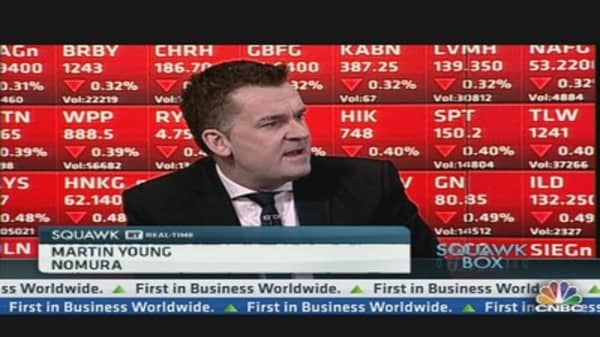With gloomy economic forecasts, falling consumer confidence and poor retail figures adding to concerns over talk of the U.K. leaving the European Union, 2013 is set to be a tough year for the country, analysts say.
The U.K.'s spirits had been lifted in November by news that the economy had exited recession in the third quarter with a jump in gross domestic product of 1 percent quarter-on-quarter. However, the latest consumer confidence survey showed a reversal in that improvement.
Consumer sentiment for December plunged to -29 this month from an 18-month high of -22 in November. Economists' had forecast a reading of -25. Consumer price inflation (CPI) was also back up to 2.7 percent in November after falling to a 34-month low in September.
No Christmas Lift for Retailers
The marked relapse in consumer confidence in December is particularly worrying news for retailers given the importance of sales over Christmas," Dr Howard Archer, chief U.K. and European economist at IHS Global Insight said in a report on the figures.
"It is also worrying for hopes that consumers can play a leading role in helping the economy develop sustainable growth," he said.
Archer attributed the reversal in the U.K.'s consumer sentiment to "pessimism over the economy's recent performance." In fact, Chancellor George Osborne's autumn statement conceded that the U.K. was not recovering as quickly as hoped.
(Read More: Triple-Dip Recession Looms)
Earlier this week, the Confederation of British Industry (CBI) released data showing that retail sales growth for the Christmas season had slowed in December prompting fears for 2013 retail prospects as well. The CBI's head of economic analysis,Anna Leach said that the figures did not bode well for the new year.
"Weak spending power and uncertainty over the economic outlook are likely to remain key risks to the retail sector in 2013."
"There's been a lot of discounting in the high streets because the shops are trying to shift stock and it's not working," Jane Foley, senior currency strategist at Rabobank, told CNBC.
"We've got to remember that austerity in the U.K. is due to step up next year," she said,a factor that would only help to further erode household budgets and spending.






